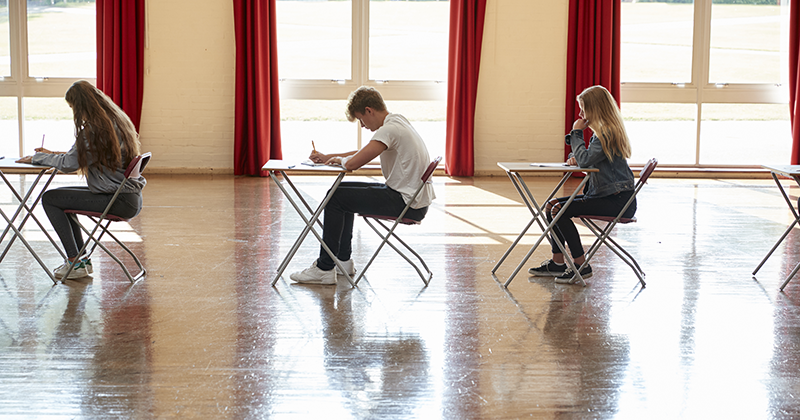Extending free school meals to all primary pupils is an “ambition when public finances allow, rather than a funded commitment”, the Liberal Democrats have said.
The party has also proposed raising the earnings threshold for means-tested meals to £20,000, expanding eligibility to 900,000 pupils. But schools would not immediately get pupil premium funding for these children.
A policy motion to the party’s conference last year called for the extension of free school meals “to all children in primary education and all secondary school children whose families receive Universal Credit”.
The Liberal Democrats said today that, if they won the election, they would immediately extend free school meals to “all 900,000 children living in poverty who currently miss out”.
The party told Schools Week it would do so by raising the earnings threshold to £20,000.
According to previous analysis from the Institute for Fiscal Studies, this would cost around £425 million and “mean that around two-thirds of children whose families get universal credit also get means-tested free school meals”.
Universal primary meals ‘as finances stabilise’
The second phase of the party’s plan would see all primary school children receiving free school meals “as the public finances stabilise”.
IfS analysis suggests extending free school meals to all universal credit families, as stipulated in last year’s policy motion, would have a far greater price tag of £1 billion. Extending meals to all primary pupils would cost another £1 billion.
The Lib Dems have allocated £500 million for the raising of the earnings threshold. This would come from an estimated £1.4 billion a year raised from a 4 per cent levy on the share buybacks of FTSE 100 listed corporations.
But unlike those children who currently get means-tested free school meals, schools would not receive pupil premium funding for youngsters who would become eligible via raising the earnings threshold.
Schools Week analysis estimates the additional pupil premium funding would cost at least £1.3 billion.
“Initially, pupil premium allocations would stay on the existing eligibility requirements for FSM, not our expanded ones. We would aim to expand the pupil premium to more children from low-income families when the public finances allow,” the party said.
The Lib Dems have also not said whether their expansions of free school meals eligibility would come with capital funding to allow for schools to expand kitchens and buy more catering equipment.
Warning over ‘two tier’ pupil premium system
School food campaigner Andy Jolley said he was pleased to see “some positives from the Lib Dems”.
“But a lack of firm timescales and nothing on food quality or monitoring are disappointing omissions.”

He pointed out that the pupil premium was a “coalition policy created to boost outcomes for low income pupils”.
“Creating a two-tier pupil premium system would seem to undermine its whole purpose.”
Party leader Sir Ed Davey said “across the country, I hear heartbreaking stories of children going to school with empty packed lunch boxes as parents struggle to cover even the basic costs.
“Conservative MPs should hang their heads in shame at a legacy of children going hungry in the worst cost of living crisis in a generation.”











